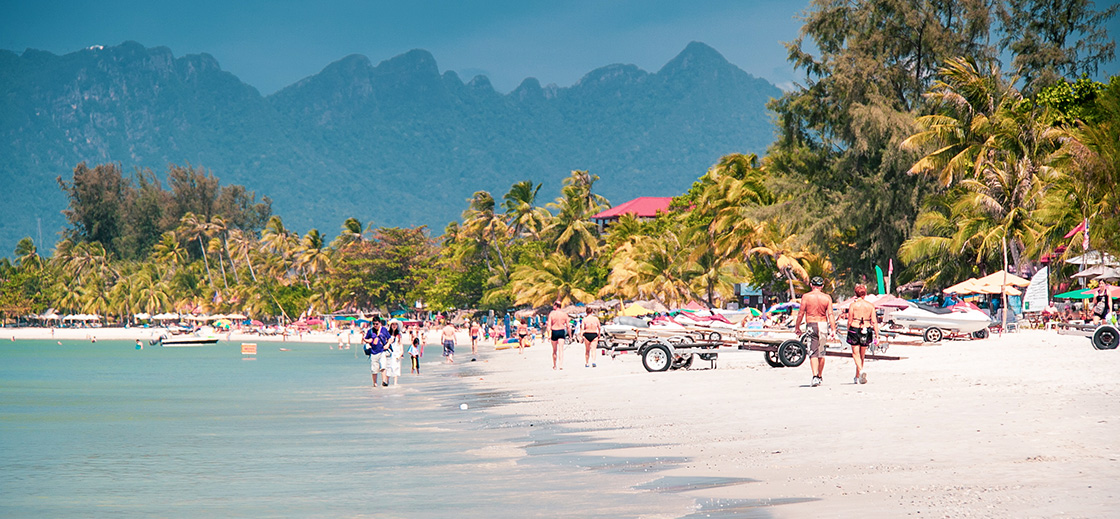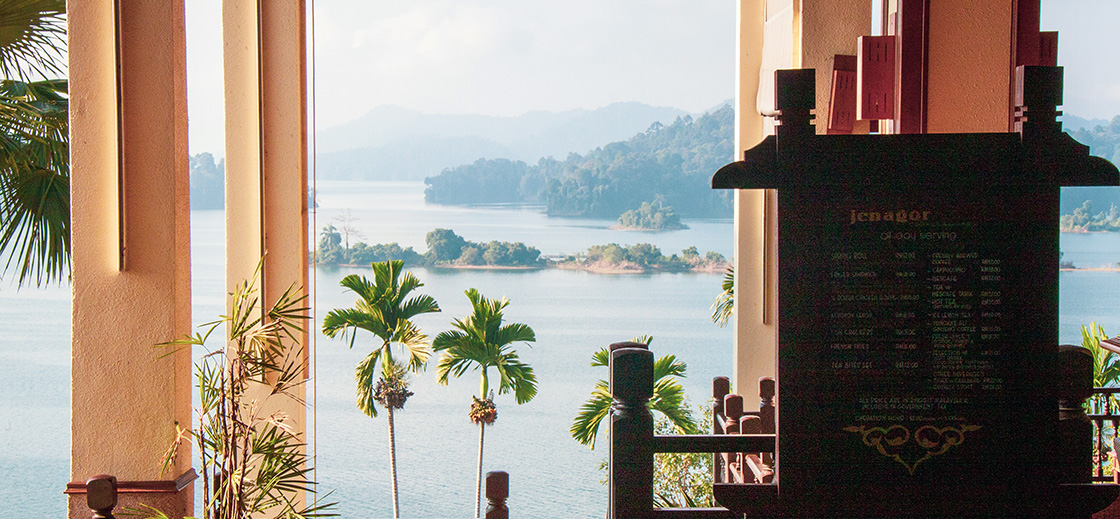Backpacker lodges dot Malaysia’s tourism map, active in more than 100 cities from coastal hubs like Langkawi to the riverside streets of Kuching. For travellers, these lodges are more than a bed – they are gathering places where evenings stretch out in shared kitchens, courtyards, or modest common rooms. A deck of cards on the table is often enough to start an evening, with rummy, blackjack, or other simple games giving strangers a reason to sit together. The talk, the laughter, and the slow passing of cards make the night feel shared, and that sense of ease is what many guests remember most when they move on to their next stop, and it shows why lodges in Malaysia have become natural social hubs.
Backpacker Lodges as Social Hubs
In towns such as Langkawi and Kuching, common areas in lodges naturally invite gatherings. Open lounges, shared kitchens, and relaxed courtyards provide conditions for card nights without formal planning. Even a small lodge near Pantai Cenang beach can see its modest lounge turn lively once a deck is placed on the table.
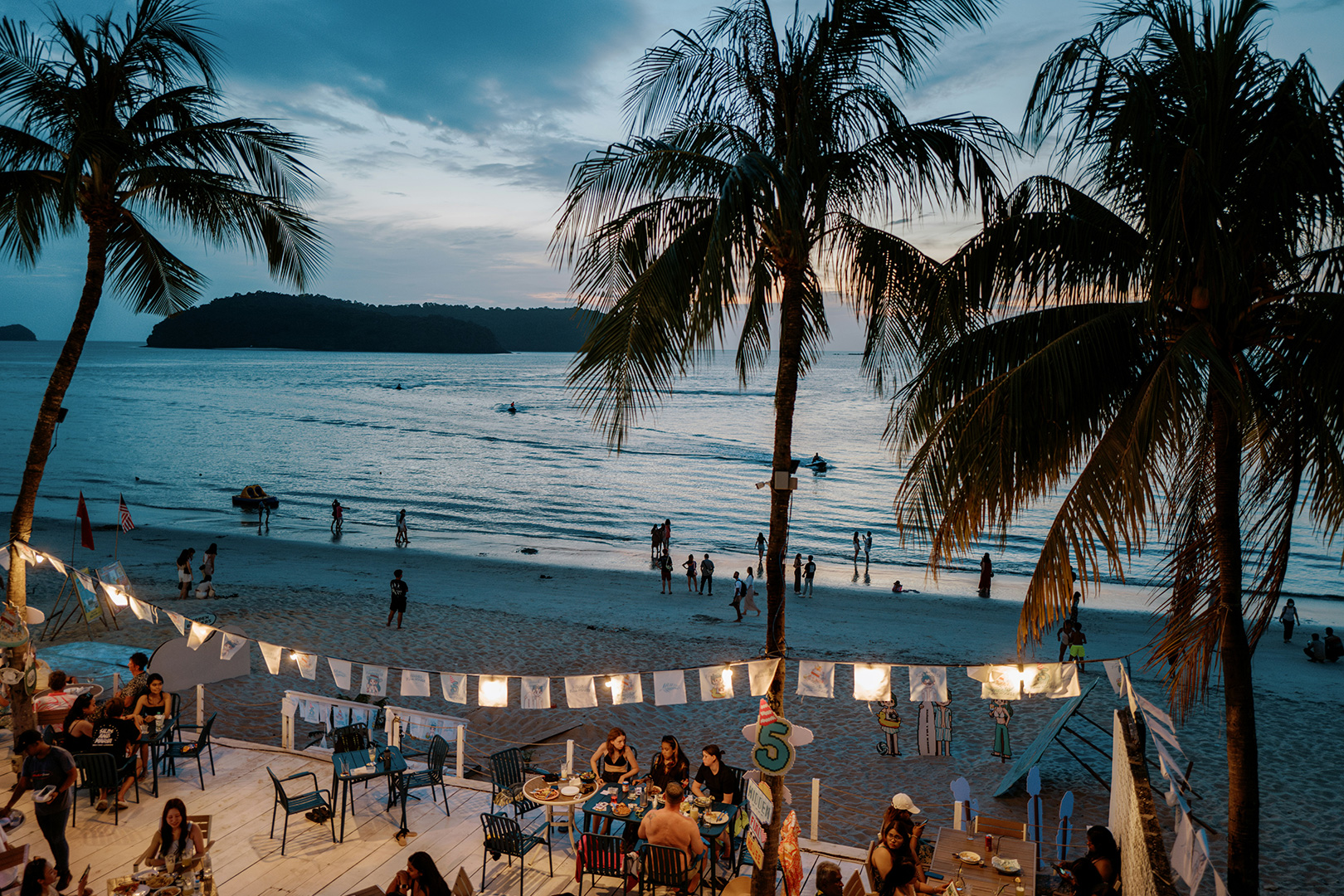
These backpacker lodges work because they give travellers a simple way to connect, and a card table in the common room often does the job better than any organised tour. The same sense of connection is also found in top Malaysian poker rooms, where players look for low rake, regular rakeback, and just enough opponents to keep the games lively and accessible. Back in the hostel lounge, though, the priority is not on winning but on creating a shared atmosphere where even the shyest guest feels welcome to sit down.
Card Games as Ice-Breakers
Arriving in a new town can be daunting, especially for solo travellers. A casual game at the hostel table lowers that barrier. Someone shuffles, someone else deals, and within minutes names are exchanged, laughter slips out, and silence turns to conversation. Compared to organised tours or large group outings, the closeness of a card game feels easier. A round of poker or blackjack gives people a reason to stay in the room and a rhythm for talk to flow.
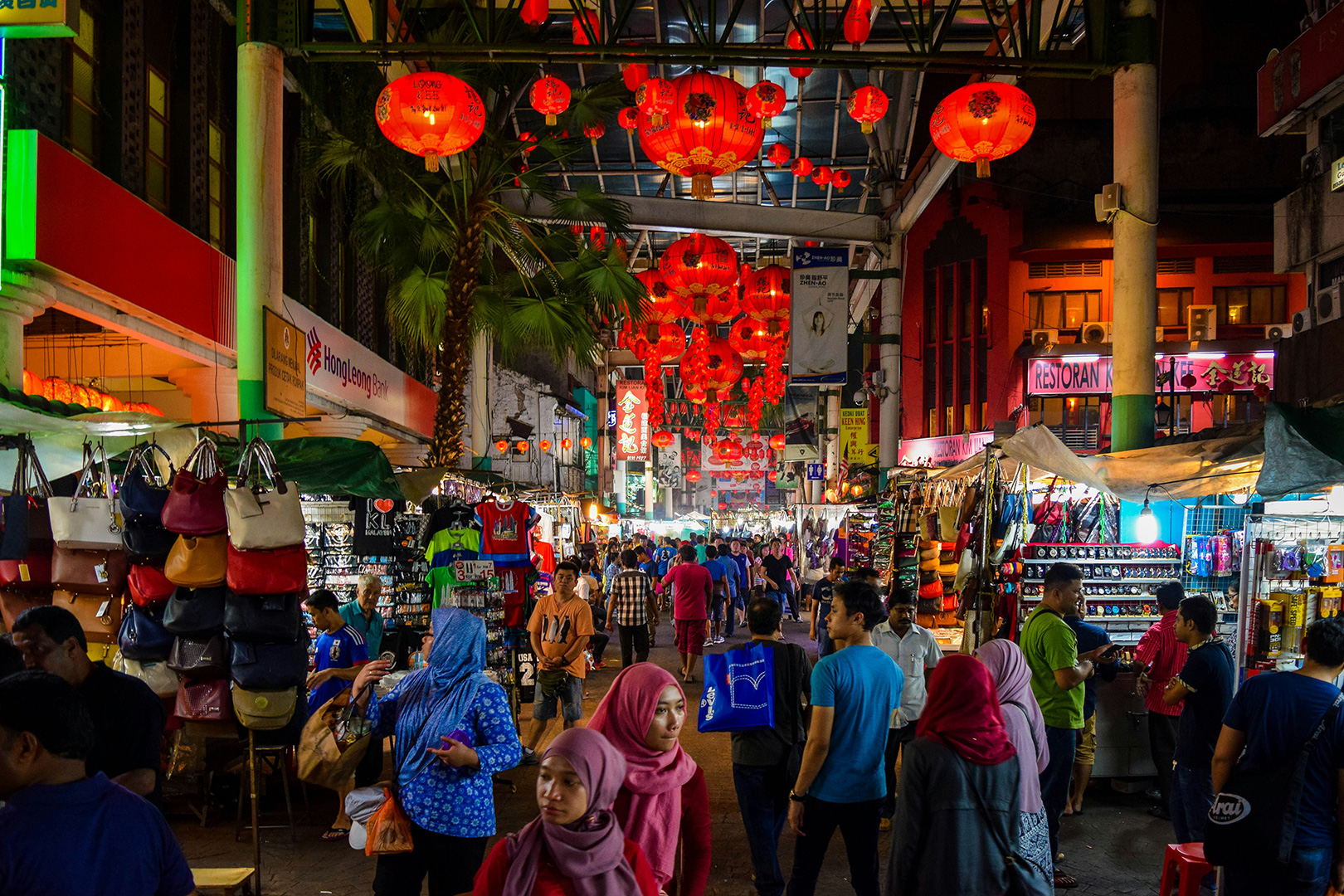
Some evenings are structured by hosts, with staff placing decks and inviting newcomers. On other nights, travellers themselves bring out the cards after dinner. In either case, strangers who would not otherwise meet end up in conversation. Casual card nights in hostels work in much the same way as digital play, with research of social gaming showing that games encourage interaction, support new relationships, and strengthen feelings of social connection. That helps explain why even a low-stakes hand becomes a bridge between people from different parts of the world.
Cultural Exchange over a Deal
Card nights also open a door to local traditions. A Kuching lodge host might introduce guests to Penang rummy, explaining how the rules differ from standard versions. In Sarawak, it could be a twist on bluffing games that sparks curiosity. These small introductions show how familiar games take on regional flavour, turning entertainment into a learning moment.
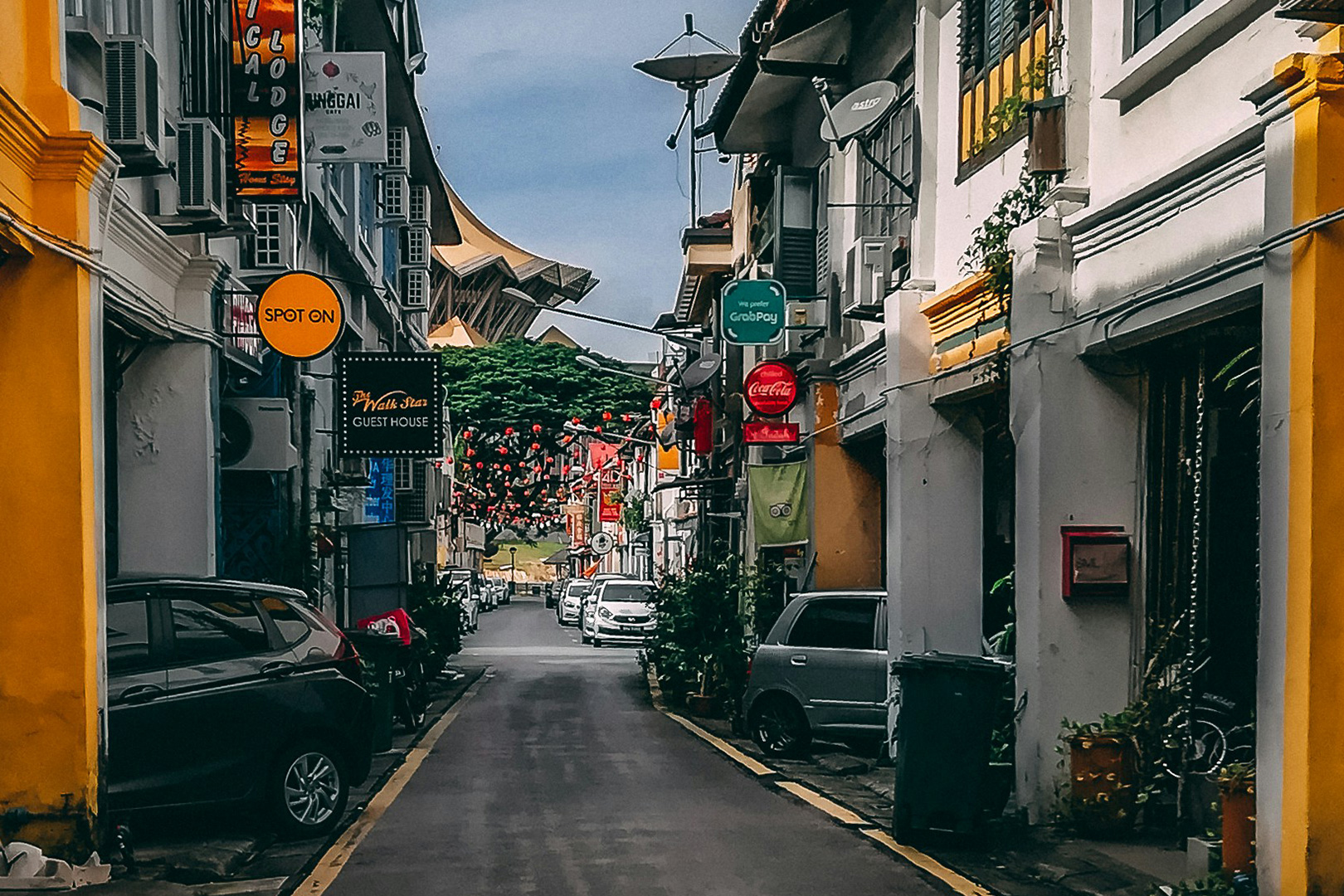
The exchange is not limited to rules. Between hands, hosts and guests share stories, swap phrases in different languages, or trade snacks and drinks. Introducing a local variation of rummy or explaining a regional house rule turns a casual game into a small act of exchange, an example of how travel often connects people through cultural heritage and gaming experiences that carry meaning beyond the table. When the game ends, the memory that lingers is often not the score but the conversation that unfolded while the cards were on the table.
Operational Benefits for Hosts and Guests
Card nights bring clear gains to lodge owners, turning a simple activity into higher guest satisfaction and stronger word of mouth.
- A low-cost activity that adds value without stretching budgets
- Longer stays or repeat visits, since travellers enjoy the social energy
- Recommendations: visitors describe the lodge as welcoming and fun
- Small opportunities to sell drinks or snacks during the evening
Guests benefit as well. Staying in for a card night saves money compared to going out, and it reduces their travel footprint. Networks form naturally, with travellers meeting others they might later share trips or transport with. The memory they take home is not only of temples or beaches but of a night when the game, the stories, and the company turned into something personal.
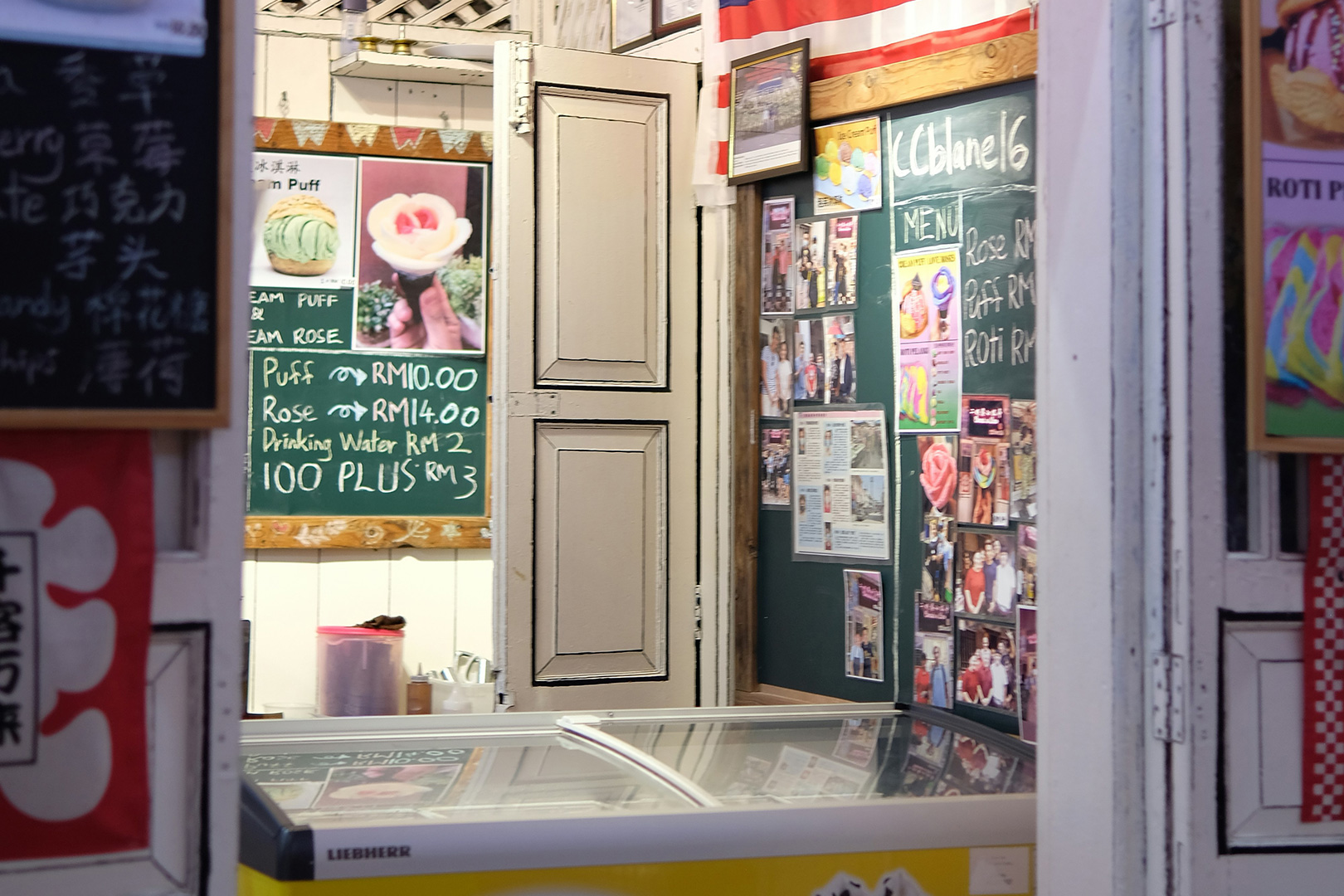
Setting Up a Card-Game Night: Tips from the Field
Running a card night takes only basic preparation, yet the right approach helps it become a highlight of the stay.
- Keep a few decks available – one standard poker deck, plus a regional game if possible
- Use a common room or lounge with good seating and relaxed lighting
- Appoint a host – staff or even a guest – to welcome newcomers and guide play
- Offer simple refreshments: tea, water, light snacks, or a potluck system
- Promote game nights through notice boards, social media, or booking confirmations
The best results come when participation feels optional and the mood is relaxed. Lodges that try these evenings report positive reviews and stronger guest connections. For small-scale operators in Langkawi, Kuching, and beyond, the return on such a modest effort makes the practice worth continuing.


